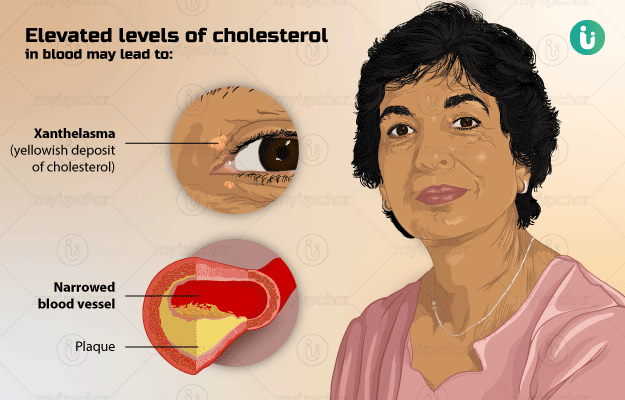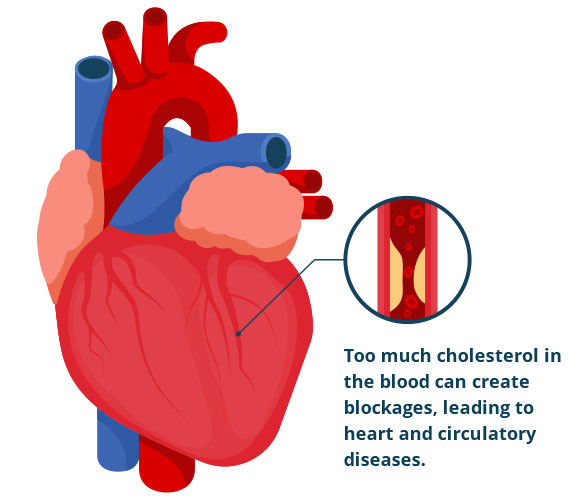
When your cholesterol levels are high, it can be difficult to know what to change to improve your situation. There are several ways to improve your cholesterol. A good way to begin is to avoid full-fat dairy products. These include milk, yogurt, cheese, ice cream, and butter. Also, try to limit your consumption of red meat and processed meats. You can also opt for leaner cuts of meat, poultry, and fish.
The best way to manage your cholesterol is to make sure you consume plenty of fibre. Fibre is very important for your body. It can lower your LDL (bad) cholesterol levels and improve your overall health. You should aim to eat at least five to eight portions of soluble fibre a day. Eating a varied diet with a high fibre content is one of the best ways to achieve good cholesterol levels. Just make sure to limit trans fats and eat plenty of vegetables.
Increasing your intake of healthy fats is a great way to boost your levels of good cholesterol. Cutting down on saturated fats and trans-fats is important, too. It is best to limit your intake of commercially baked products and deep-fried takeaways. To decrease your LDL levels, try to increase your intake of soluble fibre. Wholegrains, vegetables, nuts, and seeds are all good sources of fibre.
While fast food and processed food are tempting, they contain too much cholesterol. It is better to stick to the good fats, such as olive oil, avocados, and walnuts, and avoid fatty foods. However, if you cannot give up your favourite foods, it is important to limit the amount of fats you consume. In addition to fats, you should also consume more soluble fibre, which can help lower your LDL levels.
A diet high in fibre can help reduce LDL levels and increase good cholesterol. Incorporate plenty of fibre in your diet. You can eat lots of soluble fibre by eating fruits and vegetables. This will help lower your LDL levels and prevent the risk of developing heart disease. By limiting your intake of saturated fats, you can reduce your LDL cholesterol. Moreover, soluble fibers can reduce your risk of developing heart disease.

If you suffer from high cholesterol, your diet may be contributing to your condition. It is very important to choose lean meats and limit red meat consumption to 350 grams per week. You should also choose low-fat dairy products and limit processed meats to reduce your risk of high cholesterol. Adding soluble fiber to the diet can lower LDL cholesterol levels. If you eat too much fat, your risk of heart disease increases. Increasing the soluble fiber content may reduce the risk of heart disease.
High cholesterol is caused by an overproduction of cortisol, a hormone that contributes to unhealthy levels of body fat. Eating a lot of fat can raise your LDL levels. By reducing your intake of saturated fats, you can increase your production of good cholesterol. A diet rich in soluble fiber can help you lower your LDL levels. You can also avoid fatty foods high in cholesterol and increase the healthy fats in your diet.
Site cth.co.th says your diet should be low in saturated fats and cholesterol-producing foods. This is the main factor in high levels of LDL in the body. A healthy fat intake should be over 100 grams per day. Similarly, a high-fat diet is not recommended for people with high cholesterol levels. By limiting their saturated fats, you can lower your LDL levels. If you don’t follow these guidelines, your cholesterol levels may increase and cause chest pain.
The main culprit for high cholesterol is diet. Whether it’s processed food or fatty foods, the diet you choose can affect your heart. You can control your cholesterol levels with the help of a nutritionist. If you are concerned about a particular food, consult a dietitian or nutritionist to help you with your diet. If you don’t know what to eat, you can start by switching to a low-fat diet.
About the author